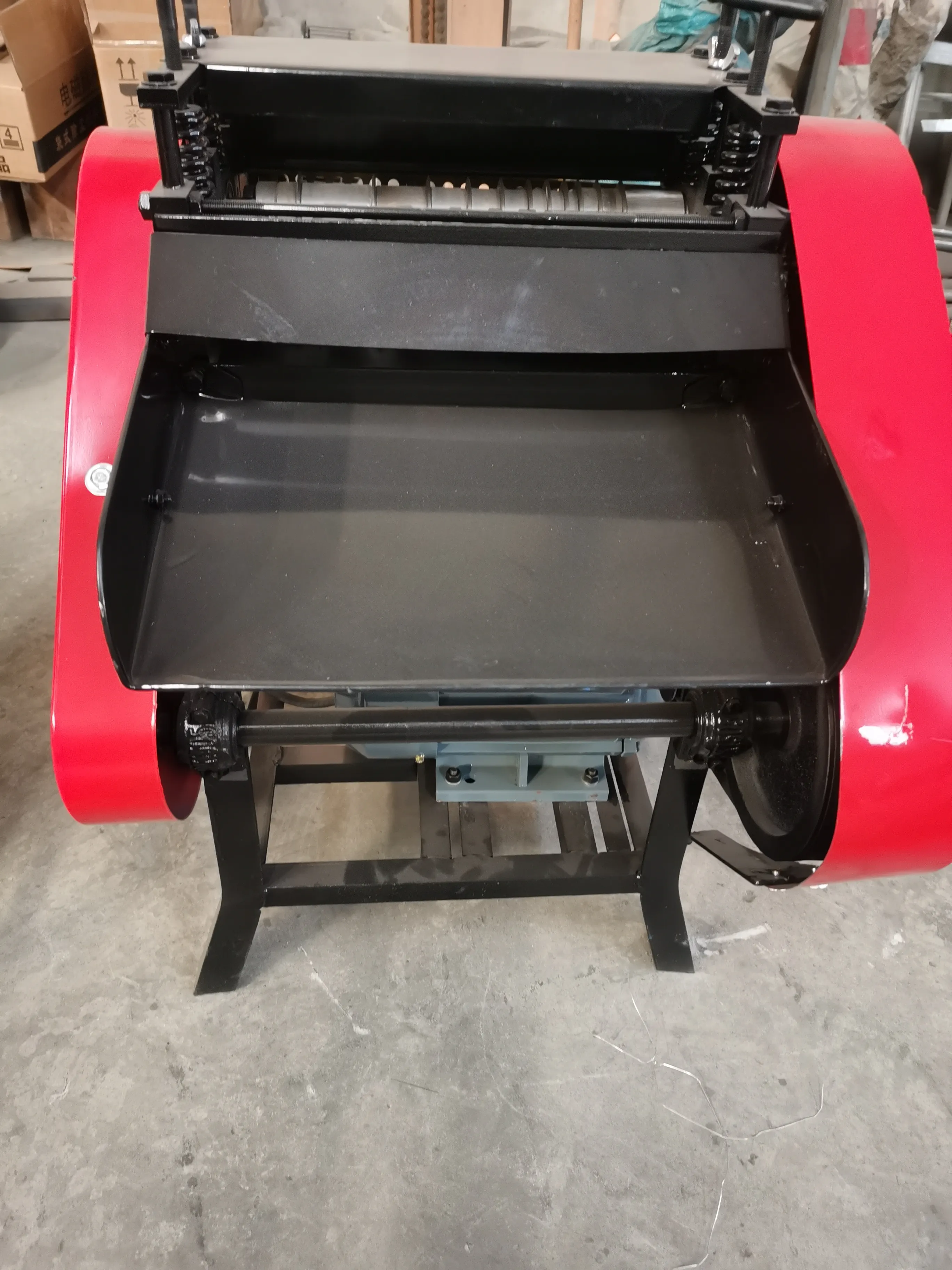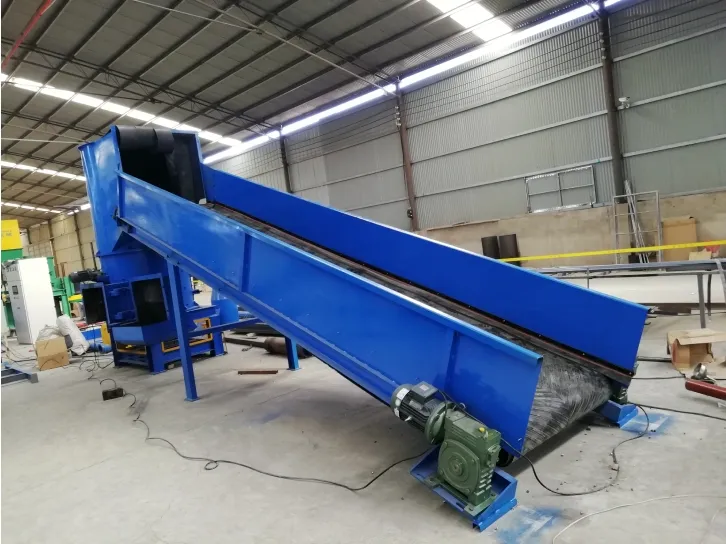Recycling computer boards, commonly known as printed circuit boards (PCBs), is a nuanced process that significantly impacts the environment and the economy. The process begins with collection, where defunct electronics are gathered from various sources such as consumers, electronic waste drives, and recycling facilities.

Once collected, the PCBs undergo a thorough dismantling process. Skilled technicians or sophisticated machinery extract key components such as memory chips, processors, and connectors from the boards. These components, often still valuable, are tested for functionality. Whether functioning or not, they hold significant value due to the precious metals like gold, silver, and palladium commonly found in circuit boards.
After dismantling, the shredded remains of the PCB enter a series of recovery processes. Initially, a mechanical separation is employed to sort materials by type. This includes magnets and eddy current separators, which efficiently divide ferrous from non-ferrous metals.

Next, chemical separation engages complex processes involving leaching baths where metals dissolve and are later precipitated and separated. At this stage, expertise in chemical engineering becomes crucial, as precise conditions are maintained to ensure maximum yield of metals without causing environmental harm. Experts highlight the importance of advanced leaching techniques that minimize toxic residue and enhance metal recovery.
how to recycle computer boards
An increasingly popular method in PCB recycling is pyrolysis. In this thermal decomposition process, organic resins in the boards are broken down by heat in the absence of oxygen, leaving behind a char residue from which metals are extracted. Pyrolysis requires careful temperature and pressure controls and is often used when dealing with multilayered boards. It presents a more environmentally friendly approach compared to traditional smelting, producing fewer emissions and requiring less energy.
Trust in recycling processes also extends to data security. Before any recycling begins, data destruction is a paramount consideration.
Professional recyclers ensure complete data wiping from components like hard drives and solid-state drives. This step is crucial for individuals and businesses alike to protect sensitive information. Specialized software is used to overwrite existing data multiple times, rendering it irretrievable.
From an industry standpoint, maintaining high standards in recycling operations involves compliance with local and international e-waste regulations. Facilities often possess certifications like R2 (Responsible Recycling) or e-Stewards, which are recognized globally as symbols of operational excellence and environmental stewardship. Choosing a recycler with these certifications ensures adherence to best practices in data security, health, safety, and responsible e-waste handling and disposal.
In conclusion, when tackling PCB recycling, it is essential to engage with processes and partners recognized for their expertise, authority, and reliability. By selecting certified recyclers, leveraging advanced technological methods, and ensuring rigorous data protection, one contributes to sustainable practices that benefit both the planet and future generations. Understanding these complexities and placing trust in established professionals affirms a commitment to responsible electronic waste management.



